A new school year means new supplies, new teachers, new friends, and new opportunities. But with all that “new” comes a lot of anxiety about schedules, social interactions, workloads, and transitions. All these changes at once can be hard for children to process. Here are some strategies that we recommend for preparing for all the excitement to come in the school year ahead!
Review Your Child’s New Schedule: Take a look at the schedules, courses, and teachers coming up in advance. Talk through each step in the process from the start to the end of the day. If your child is starting at a new school, contact the office to see if you can take a walk-through alone with your child to make them comfortable in the new environment. Usually teachers and office workers are back in the building in the weeks before classes start. This is a great opportunity to go over the main locations your child will be spending time in everyday; the cafeteria, gymnasium, library and computer room. You might even be able to meet some of the new teachers your child will be spending time with!
Check-in on Paperwork with School Staff: Make sure before the start of each school year that all your child’s IEP/IDEA documentation is in line with any recent changes/updates. Ensure that any teachers, assistants and counselors are aware of the specifics of your child’s needs so they can provide the best support for them throughout the year. If the staff at your child’s school isn’t familiar with sensory diets and breaks give them a crash course on the benefits. This might be helpful for the entire classroom!
Keep Your Eyes Peeled for Signs of Extra Stress and Anxiety: As you start school shopping you might notice signs of your child feeling nervous about the upcoming transition. Talk about the exciting parts of getting back into the school schedule like seeing friends again and sharing summer stories. Practice these interactions and stories if your child benefits from scripting. You can help your child ease back into the more rigid school routine by beginning to wake up earlier and weaning down screen time in the last few weeks of Summer. Many children benefit from the more structured day once they are used to it!
Keep Communication with Your Child’s Educators Open and Frequent: Be sure to attend any Back-to-School events your school hosts so you can get the best idea of your child’s day-to-day experience and possible difficulties. Keep communication open by checking in through the first few weeks to see how the transition is going. During these events if can be helpful to try to meet other parents in your child’s classroom so you can get a head start on planning some potential playdates. Other parents can also be a great support network for throughout the year for help with homework, carpooling and special events!
Schedule a Nightly Homework Time: The most important thing during big transitions is comfort and consistency at home. Build out a daily schedule with your child before the first day that includes breakfast, getting ready, sensory breaks after school, dinner and homework time. Create a family calendar where everyone can add weekly plans like therapy or soccer practice, and big events so that nothing is a surprise. Make it visual and make it big so everyone at home can benefit from the structure.
Preparation with both your child and their school support system is the best way that you can make the school transition successful. Once kids are immersed in the school schedule, many benefit from the daily routine. Stay positive, and remind kids that as one season ends another begins!
Share your tips for transitioning and any questions you have for our therapists!

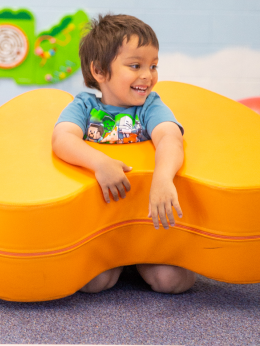


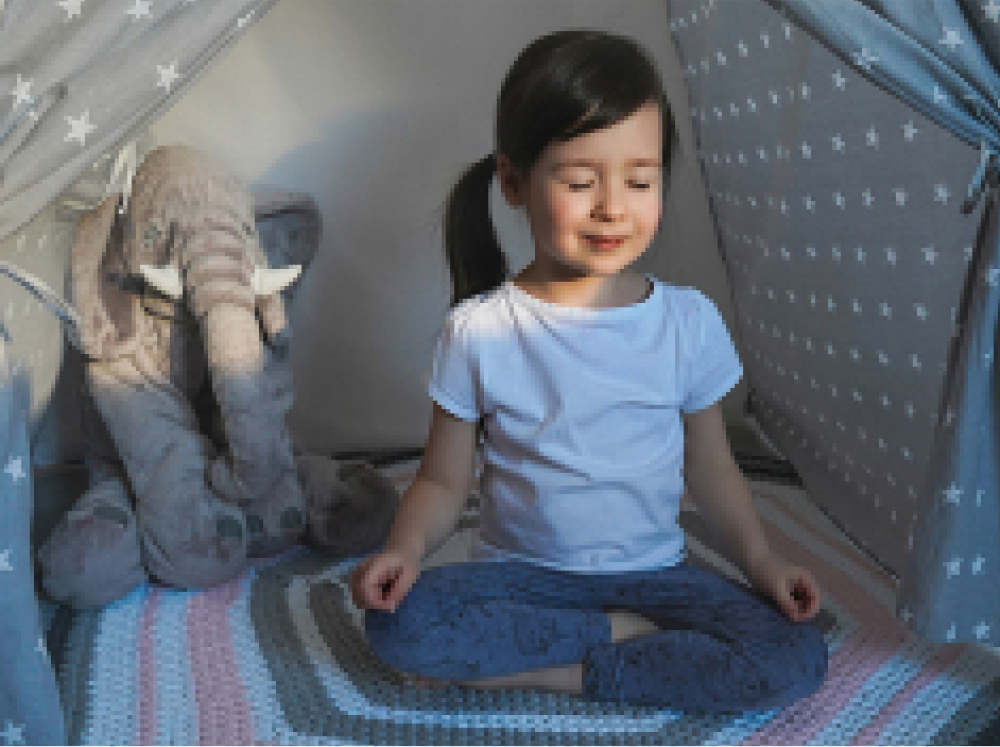
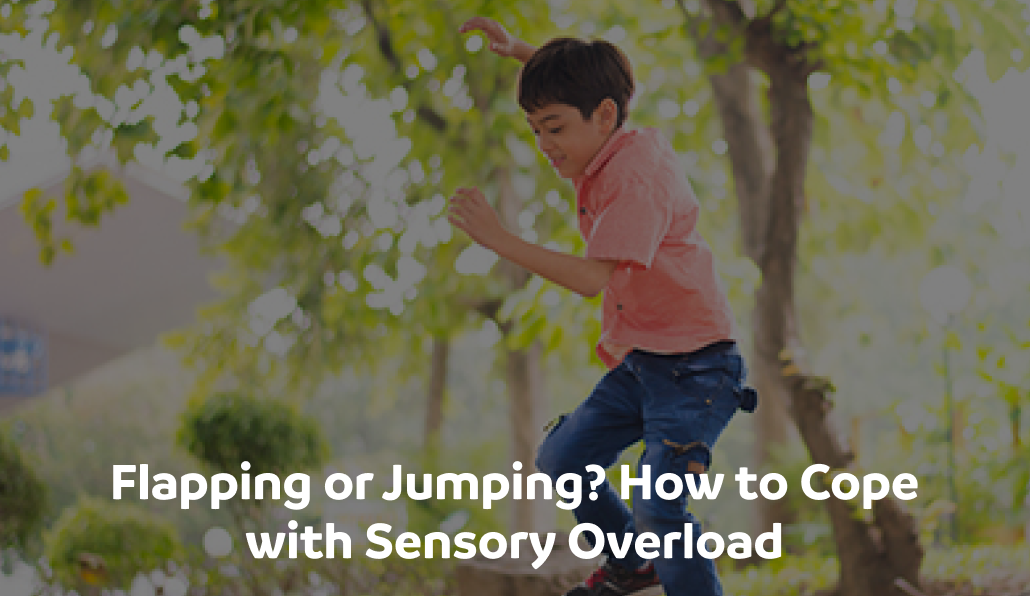

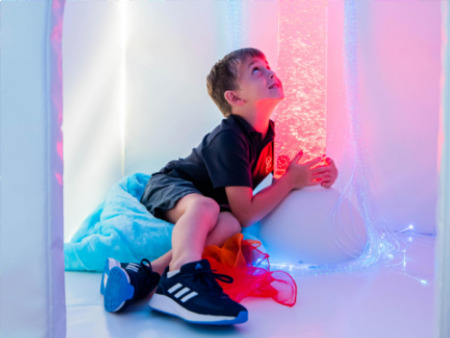
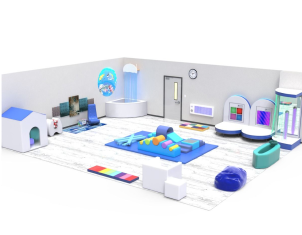

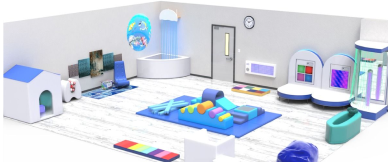
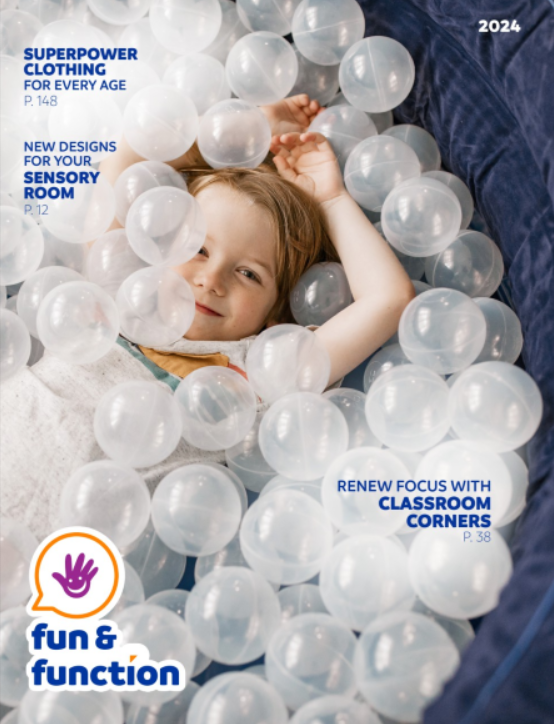


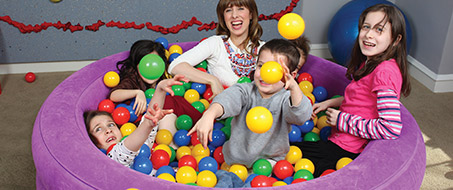




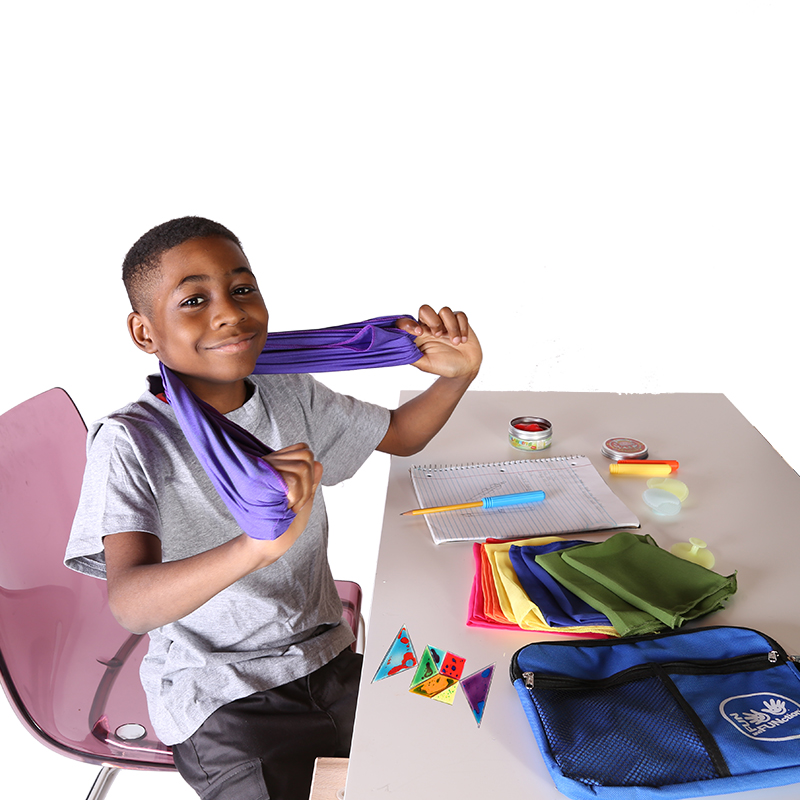


Comments